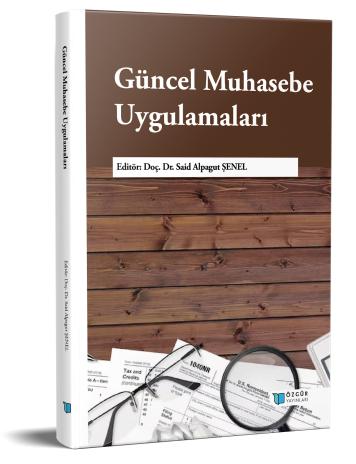
A Proactive Approach to Detection and Prevention of Insurance Fraud: Forensic Accounting
Chapter from the book:
Şenel,
A.
(ed.)
2024.
Current Accounting Practices.
Synopsis
The concept of insurance is based on the need to take precautions in advance for possible future risks. Unfortunately, it is possible to encounter some insurance frauds in the insurance sector, which is a sector based on trust. Insurance frauds, which can be quite complex and diverse, cause the balance sheets of insurance companies to be adversely affected and the additional costs incurred due to fraud to be borne by honest policyholders.
On the other hand, insurance fraud in the insurance sector significantly damages the element of trust, which is the basic principle on which the insurance sector is based, and causes loss of trust in the sector, thus threatening the sustainability of the system. In this context, it is important to identify insurance frauds that have occurred and/or are likely to occur and to take appropriate measures against fraudulent acts.
The measures taken to detect and prevent fraud are generally expressed in the literature as Reactive Approaches, which envisage fraud audits after the fraud occurs, and Proactive Approaches, which envisage audits before the fraud occurs and audits to prevent the fraud. Forensic accounting practices, which are among the proactive approaches in the international literature, play an important role in the detection and prevention of insurance fraud in the insurance sector.
This study aims to reveal the importance and role of forensic accounting practices in the detection and prevention of insurance frauds in the insurance sector and to raise awareness that forensic accounting practices should be among the proactive approaches in the Turkish literature as in the international literature.

